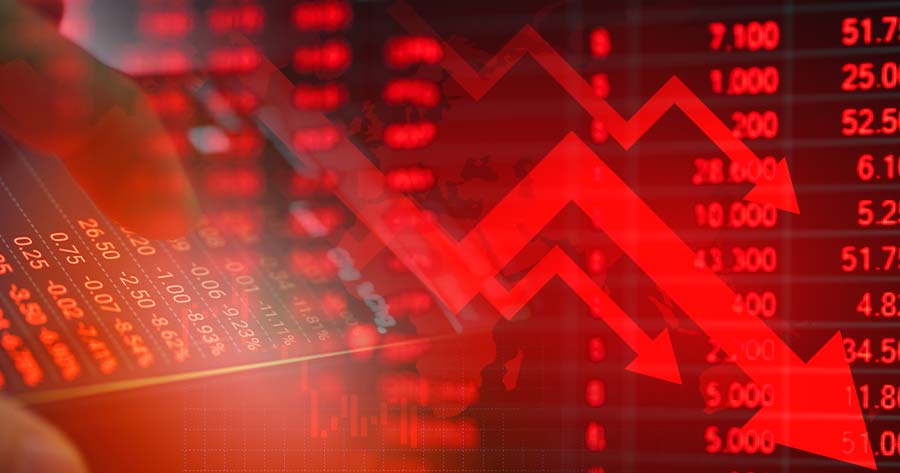Stocks in the U.S. recorded a loss on Tuesday, dragged down by the tech-heavyweight Nasdaq Composite as fears are building in the market over the bubble crisis as several key U.S. benchmarks have consistently posted new records over the past month, while Japan’s Nikkei 225 and South Korea’s Kospi have reached unprecedented levels.
This repeatedly record breaking brings back the image of the dot-com boom. Meanwhile, China’s Shanghai Composite marked its strongest performance in a decade, lifted by improving U.S.-China relations and a softening U.S. dollar.
Yet, two major Wall Street CEOs signaled this week that markets could be heading for a correction. Speaking at the Global Financial Leaders’ Investment Summit in Hong Kong, Goldman Sachs CEO David Solomon said he expects a 10% to 20% pullback in global equities at some point in the next 12 to 24 months. He said that markets tend to surge, before stepping back to allow a reassessment.
Despite this forecast, Solomon emphasized that such corrections are a normal aspect of prolonged bull markets. He maintained Goldman Sachs’ advice for clients: remain invested and periodically review portfolio allocations rather than attempting to time the market. The CEO said that drawdowns of 10 to 15 percent are frequently seen in the market, even when the broader trend remains positive. Still, he added that his type of volatility does not warrant a drastic shift in long-term investment strategy.
Morgan Stanley CEO Ted Pick appeared to echo these views, describing periodic market pullbacks as “healthy” adjustments that should be welcomed by investors, rather than interpreted as precursors to financial turmoil.
The warnings from Solomon and Pick align with recent alerts from the International Monetary Fund, which cautioned about the possibility of a sharp market correction. Federal Reserve Chair Jerome Powell and Bank of England Governor Andrew Bailey have similarly expressed concern about stretched equity valuations.
During a recent address at the Greater Providence Chamber of Commerce in Rhode Island in September, Powell reminded market participants that “equity prices are fairly highly valued by many measures,” while noting the Fed neither targets nor prescribes specific asset prices. He underscored that the central bank is not equipped to determine the ‘correct’ valuation of stocks or other financial instruments at any given time.





